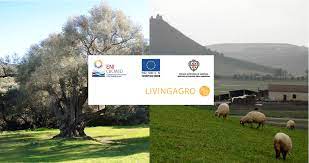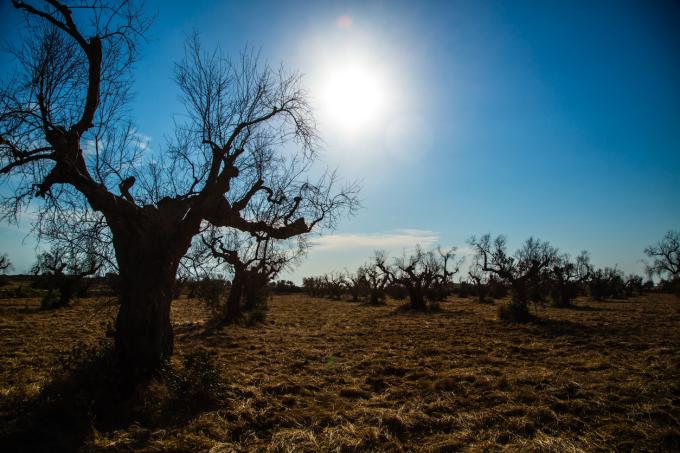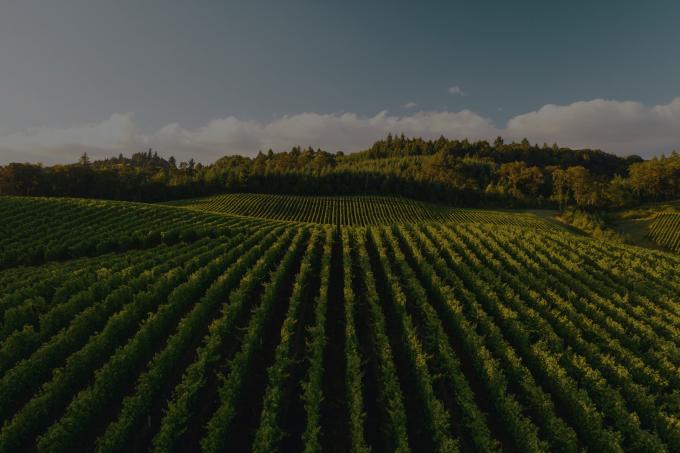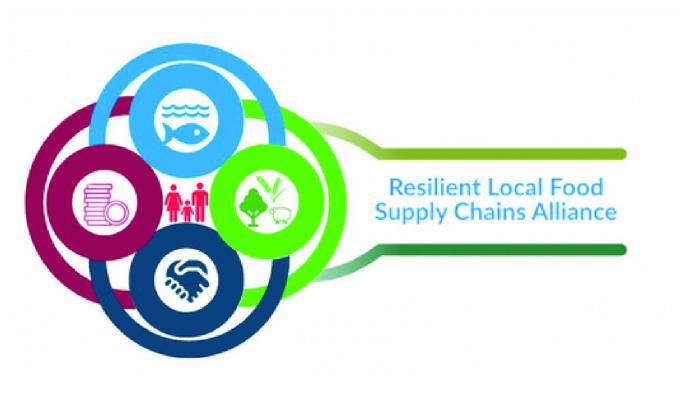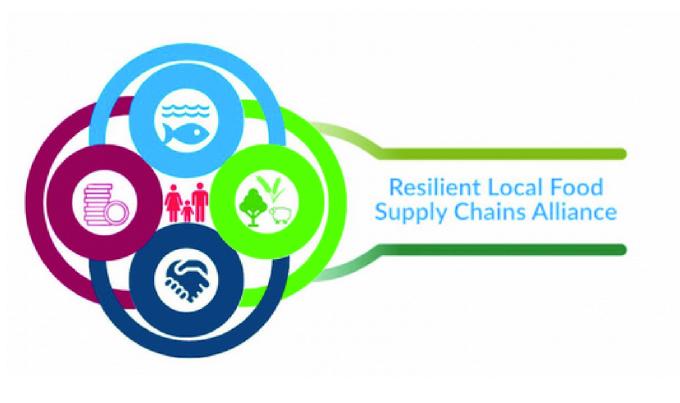GOOD PRACTICE

Sustainability Leadership Kosova (SLK) is a local NGO specialized in the delivery of sustainability knowledge through educational programs, consultancy, and movement building. During 2024, it mobilized 291 volunteers to produce 12,500 seed balls for drone-assisted reforestation in Prishtina, showcasing innovative restoration techniques. SLK addresses climate challenges and funding gaps by integrating policy advocacy, technological monitoring, and sustainable harvesting practices. Community engagement is essential for the success of any initiative, and SLK builds its foundation on strong partnerships to foster collaboration and promote knowledge-sharing.
You must be registered to see all the content
SLK is a local NGO specialized in the delivery of sustainability knowledge through educational programs, consultancy, and movement building. The vision of this NGO is to make Kosova a global example of a society that is sustainable, healthy, fair and prosperous. Its mission is to catalyze the adoption of sustainable development practices for a fair, biodiverse, and climate-positive circular economy. Green Wings project, is one of the recent projects implemented during 2024 where 291 volunteers have joined to produce 12,500 seed balls that will be released with drones in Prishtina, in order of providing a green oasis for the capital city.
Transferability and Impact:
- Adaptable Framework: The methods used, such as community-based management and sustainable harvesting, can be tailored to different ecosystems and socio-economic contexts worldwide.
- Scalable Solutions: Practices like afforestation, forest monitoring, and public-private partnerships can be implemented at various scales, from local to national levels.
- Knowledge Sharing: Training modules, policy recommendations, and tools developed by SLK can be shared with other organizations and governments.
- Regional and Global Networks: Collaboration with international forestry organizations allows for the exchange of best practices and replication in similar environments.
Constraints and Problems:
- Limited Funding: Insufficient financial resources to support large-scale restoration and protection initiatives.
- Weak Enforcement: Inadequate enforcement of forestry laws and regulations against illegal logging and land use.
- Community Engagement Challenges: Difficulty in fully involving local communities due to lack of awareness or conflicting interests.
- Climate Change Impacts: Increased vulnerability of forests to pests, diseases, and extreme weather events.
- Capacity Gaps: Limited technical expertise and resources for monitoring, restoration, and sustainable forestry practices.
- Conflicting Land Uses: Tensions between forestry conservation goals and agriculture, urbanization, or infrastructure development.
- Market Pressures: Overexploitation of forest resources driven by demand for timber and other forest products.
- Fragmented Policies: Lack of coordination between different government and local stakeholders in forest management.
Impact:
- Environmental Benefits: Restoration of forest ecosystems enhances biodiversity, reduces soil erosion, and strengthens climate resilience through carbon sequestration.
- Economic Growth: Sustainable forestry creates jobs, supports eco-tourism, and promotes trade in responsibly sourced timber and non-timber products.
- Social Inclusion: Involvement of local communities fosters social cohesion, reduces conflicts over land use, and improves livelihoods.
- Climate Action: Increased forest cover contributes significantly to mitigating the effects of climate change.
- Policy Advancements: Demonstrating success in sustainable management influences policymakers to adopt and expand similar practices.
- Global Contribution: Aligns with international goals like the UN’s Sustainable Development Goals (SDGs), particularly SDG 13 (Climate Action) and SDG 15 (Life on Land).
Technical Feasibility:
- Balancing Restoration and Protection
- Established Best Practices: Proven techniques, such as selective logging, agroforestry, and GIS-based forest monitoring, ensure practical and reliable implementation.
- Access to Technology: Availability of modern tools like drones, remote sensing, and satellite imagery enables efficient monitoring and evaluation of forest health and activities.
- Local Expertise Development: Training programs and workshops build technical skills among local communities, forestry workers, and authorities, ensuring long-term sustainability.
- Cost-Efficient Solutions: Low-cost technologies, such as community-led nurseries and natural regeneration, are accessible and scalable even in resource-limited settings.
- Integration with Policy Frameworks: Alignment with Kosovo’s environmental and forestry policies strengthens technical feasibility and ensures institutional support.
- Partnerships for Innovation: Collaboration with international organizations and research institutions facilitates access to cutting-edge technologies and methodologies.
- Resource Availability: Adequate land for reforestation, native seed sources, and existing infrastructure for timber processing support technical execution.
By combining modern technology with community involvement and policy integration, SLK’s approach demonstrates a practical and technically feasible model for sustainable forest management.









